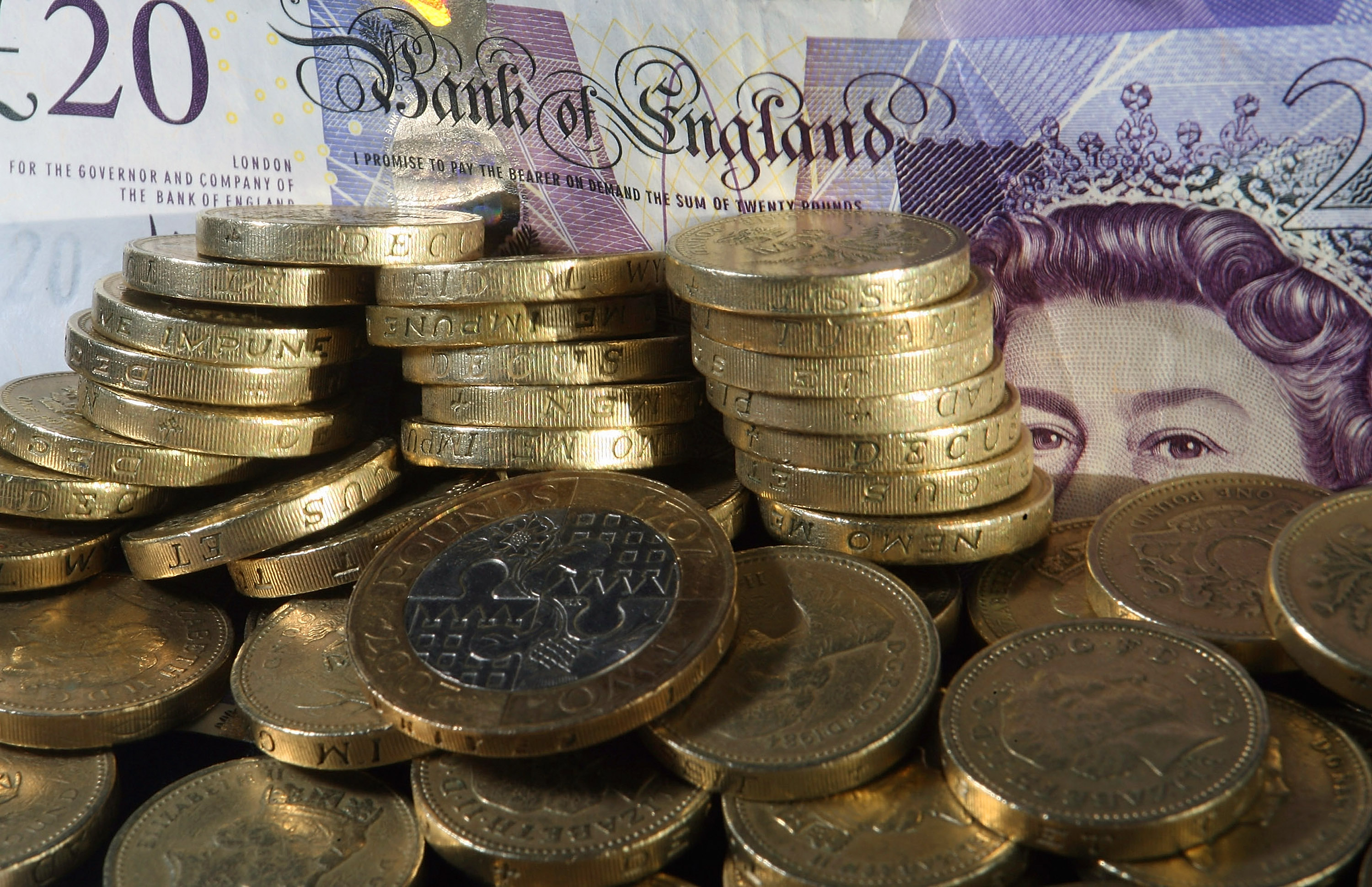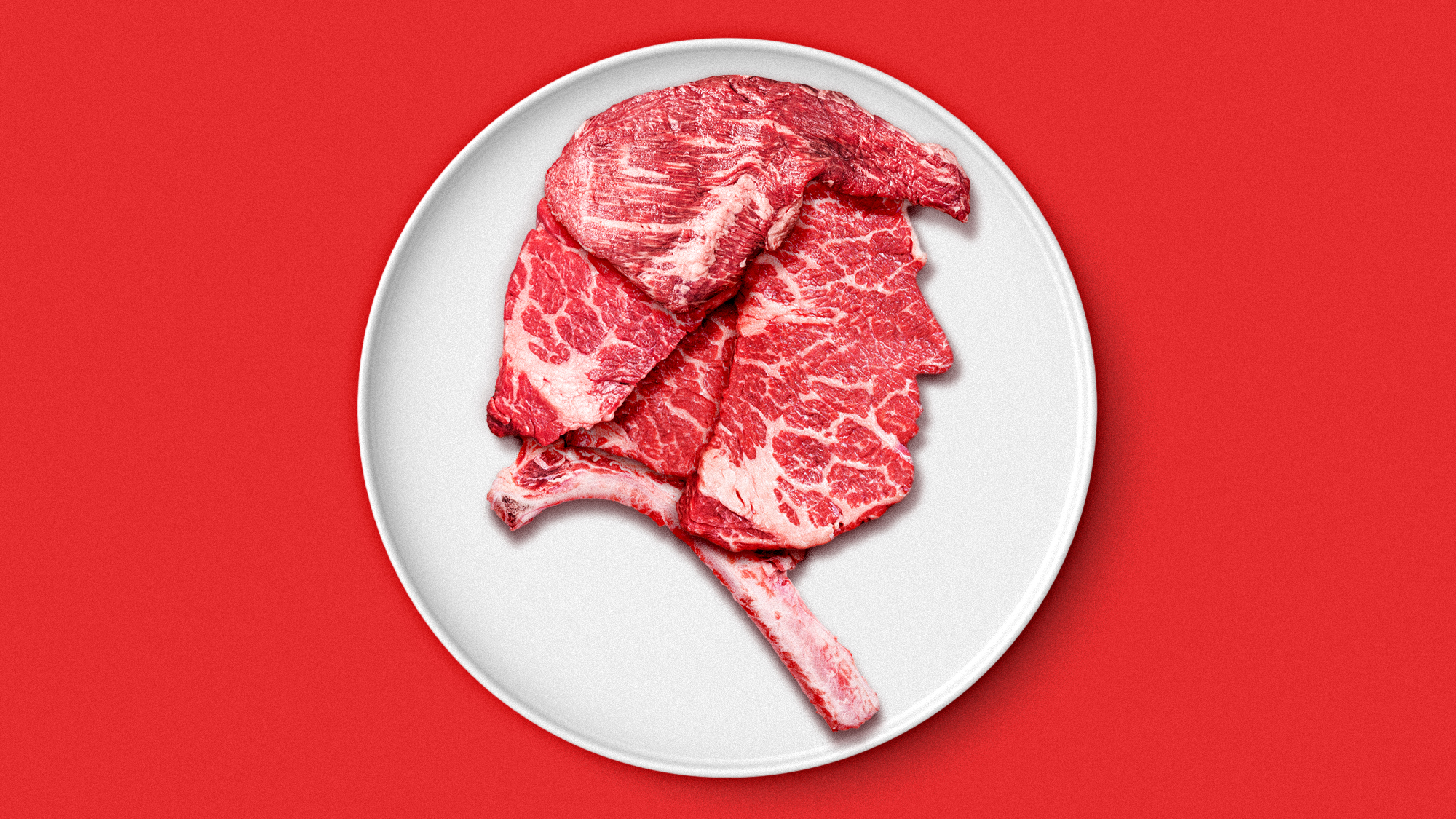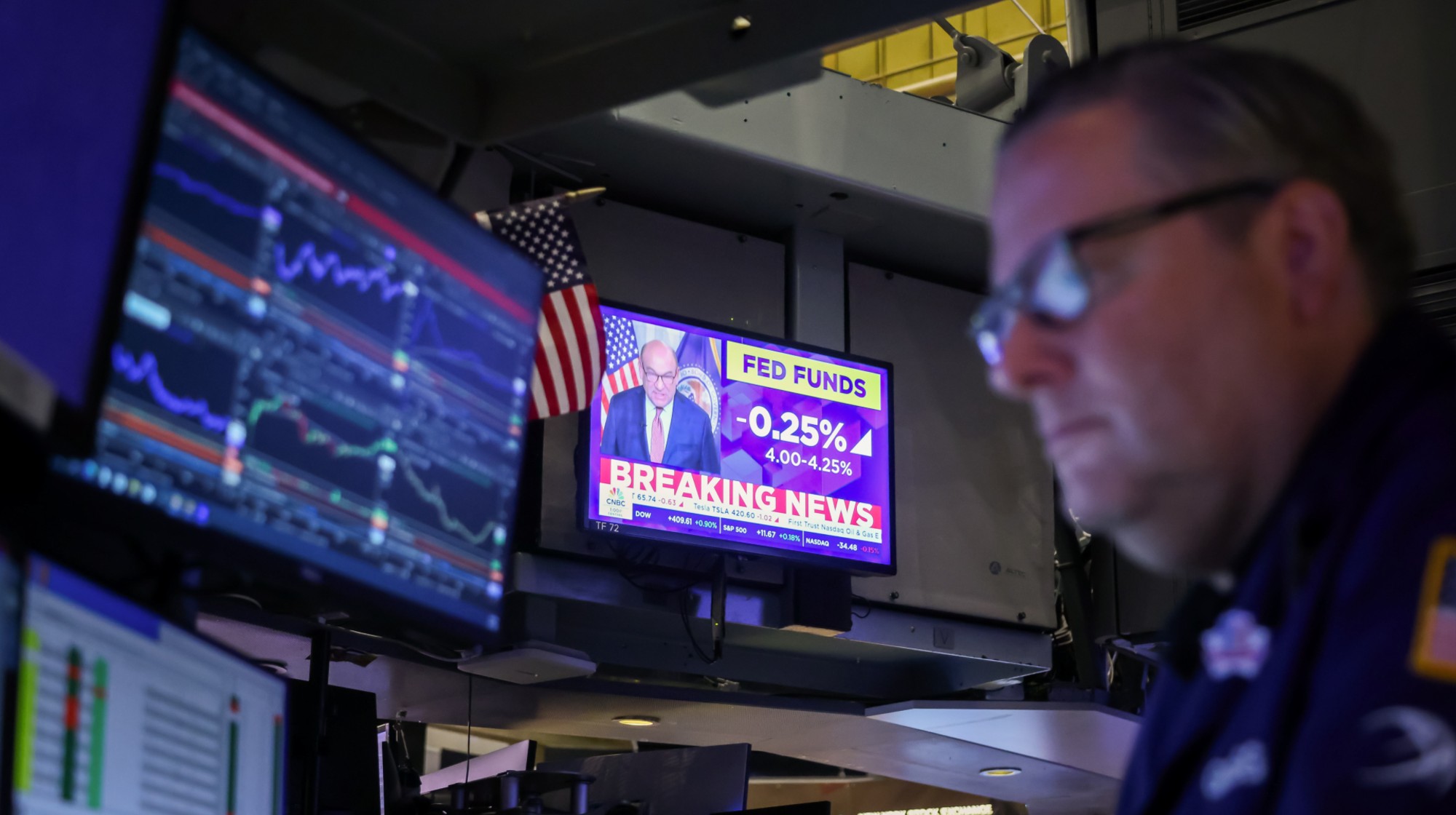UK inflation hits 7%: how high could it rise in 2022?
Fuel prices and energy bills drive inflation to its highest level for 30 years

A free daily email with the biggest news stories of the day – and the best features from TheWeek.com
You are now subscribed
Your newsletter sign-up was successful
The cost of living crisis in the UK has deepened after official data revealed that the rate of inflation hit 7% in the 12 months to March 2022 – the highest level since 1992.
In February the consumer price index (CPI) rose by 6.2% and economists had “predicted a rate of 6.7%” for last month, Sky News reported. However, according to the Office for National Statistics (ONS), increased fuel prices and energy bills were the largest contributors to the March data, which for the first time also reflected the immediate effects of Russia’s invasion of Ukraine.
Grant Fitzner, ONS chief economist, said broad-based price rises saw annual inflation “increase sharply again” in March and “among the largest increases were petrol costs, with prices mostly collected before the recent cut in fuel duty, and furniture”. He added: “Restaurants and hotel prices also rose steeply in March while, after falling a year ago, there were rises across a number of different types of food.”
The Week
Escape your echo chamber. Get the facts behind the news, plus analysis from multiple perspectives.

Sign up for The Week's Free Newsletters
From our morning news briefing to a weekly Good News Newsletter, get the best of The Week delivered directly to your inbox.
From our morning news briefing to a weekly Good News Newsletter, get the best of The Week delivered directly to your inbox.
There were a number of factors which contributed to the 30-year high in the inflation rate, The Guardian reported. Prices rose for the following:
- Transport: 13.4%
- Furniture, household equipment and maintenance: 10.3%
- Clothing and footwear: 9.8%
- Housing, water, electricity, gas and other fuels: 7.7%
- Restaurants and hotels: 6.9%
- Food and non-alcoholic beverages: 5.9%
- Recreation and culture: 4.9%
- Alcoholic beverages and tobacco: 4.8%
- Education: 4.5%
- Health: 2.5%
- Miscellaneous goods and services: 1.9%
- Communication: 0.7%
Petrol prices drive inflation surge
With prices “rising faster than wages” there is “pressure on the government to do more to help those struggling” in the cost of living crunch, the BBC said. And the inflation figures for March “do not yet reflect” the average 54% increase in energy bills when the energy price cap was raised on 1 April.
Prices are rising at their fastest rate for 30 years, “driven by a sharp increase” in petrol and diesel prices. Average petrol prices rose by 12.6p per litre between February and March, the largest monthly rise since records began in 1990, the ONS said. Diesel also increased by 18.8p per litre this year, compared with a rise of 3.5p per litre a year ago.
“Since late last year, prices have been rising fast as pandemic restrictions have been eased and firms face higher energy and shipping costs which they have passed on to consumers,” the BBC added.
A free daily email with the biggest news stories of the day – and the best features from TheWeek.com
How high could inflation reach in 2022?
Rising consumer prices “erode what households can buy with their money”, the FT said. And official statistics predict that this year UK household real income “would contract at the sharpest rate since records began in the 1950s”. The March inflation report is the last one before the next Bank of England monetary policy decision on 5 May. Economist George Buckley expects interest rates to rise in May, August and November, taking the bank rate from its current 0.75% to 1.50% by the end of the year.
The Bank of England predicts that the rate of inflation will reach “around 8%” this spring. “We think it could go even higher later this year. But we expect the rate of inflation to fall considerably over the next couple of years.”
Simon French, chief economist of investment bank Panmure Gordon, warns that inflation could hit a rate of 10% in 2022. “Nothing in today’s UK CPI release for March (showing +7.0% YoY) to change our view that CPI will peak this year at around 10%,” he tweeted. “Signs of a broadening of inflationary pressures amongst core items and a big leap in input costs. All ahead of the more acute April energy squeeze.”
-
 The ‘ravenous’ demand for Cornish minerals
The ‘ravenous’ demand for Cornish mineralsUnder the Radar Growing need for critical minerals to power tech has intensified ‘appetite’ for lithium, which could be a ‘huge boon’ for local economy
-
 Why are election experts taking Trump’s midterm threats seriously?
Why are election experts taking Trump’s midterm threats seriously?IN THE SPOTLIGHT As the president muses about polling place deployments and a centralized electoral system aimed at one-party control, lawmakers are taking this administration at its word
-
 ‘Restaurateurs have become millionaires’
‘Restaurateurs have become millionaires’Instant Opinion Opinion, comment and editorials of the day
-
 Will Trump’s 10% credit card rate limit actually help consumers?
Will Trump’s 10% credit card rate limit actually help consumers?Today's Big Question Banks say they would pull back on credit
-
 What will the US economy look like in 2026?
What will the US economy look like in 2026?Today’s Big Question Wall Street is bullish, but uncertain
-
 Is $140,000 the real poverty line?
Is $140,000 the real poverty line?Feature Financial hardship is wearing Americans down, and the break-even point for many families keeps rising
-
 Fast food is no longer affordable for low-income Americans
Fast food is no longer affordable for low-income AmericansThe explainer Cheap meals are getting farther out of reach
-
 Why has America’s economy gone K-shaped?
Why has America’s economy gone K-shaped?Today's Big Question The rich are doing well. Everybody else is scrimping.
-
 From candy to costumes, inflation is spooking consumers on Halloween this year
From candy to costumes, inflation is spooking consumers on Halloween this yearIn the Spotlight Both candy and costumes have jumped significantly in price
-
 Why are beef prices rising? And how is politics involved?
Why are beef prices rising? And how is politics involved?Today's Big Question Drought, tariffs and consumer demand all play a role
-
 Fed cuts interest rates a quarter point
Fed cuts interest rates a quarter pointSpeed Read ‘The cut suggests a broader shift toward concern about cracks forming in the job market’